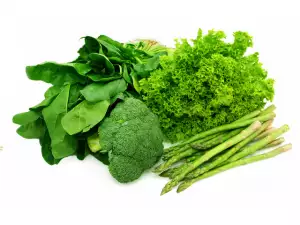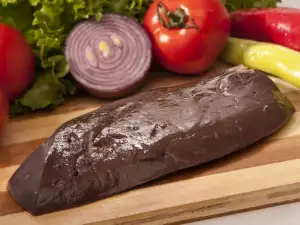Coenzyme Q (CoQ) is essential for your health, especially the health of your heart and blood vessels. Its chemical structure was discovered in 1957, it turned out that the human body can produce coenzyme Q, using metabolic pathways. Coenzyme Q is also known as coenzyme Q10. This number "10" in its name refers to a specific part of its chemical structure called isoprene.
Functions of coenzyme Q
Energy production - special small bodies within cells called mitochondria, take fat and other substances and convert them into usable energy. This process always requires coenzyme Q.
Cell Protection - Coenzyme Q is a very good antioxidant used by the body to protect cells from oxygen damage and free radicals.
Deficiency of coenzyme Q

Coenzyme Q deficiency is associated with a variety of problems, including heart arrhythmias , angina and high blood pressure , and problems regulating blood sugar. Gum problems and stomach ulcers may also signal a deficiency of this nutrient.
Cholesterol-lowering drugs also leads to lower levels of coenzyme Q in the blood.
Coenzyme Q plays an important role in maintaining the supply of vitamin E. When vitamin E becomes "unlocked" in the performance of it’s duty as an antioxidant protector of cell membranes, coenzyme Q can provide a "reset" and recover its antioxidant ability.
Benefits of Coenzyme Q
Coenzyme Q plays an important role in the prevention and treatment of heart disease associated with arrhythmia, angina, heart attack, mitral valve prolapse, high blood pressure, coronary heart disease, atherosclerosis and heart disease , breast cancer , diabetes, AIDS, infertility, muscle dystrophy, gum problems and stomach ulcers.
Sources of Coenzyme Q
Coenzyme Q is contained in three main types of food: fish, liver, kidney and heart, and whole embryos.
Most concentrated coenzyme Q can be found in the heart and kidneys, which contain about 2/3 milligrams per ounce. Ones that contain less than an ounce of coenzyme Q, also contain vitamin E.
















Comments